
Jan. 23, 2024
Missouri Water Center helps secure three USGS National Competitive Grants
With support from the Missouri Water Center, three Mizzou researchers have been awarded highly competitive grants through the U.S. Geological Survey’s (USGS) Water Resources Research Act Program. The National Competitive (104G) Grants aim to promote collaboration between USGS and university researchers on significant national and regional water issues.
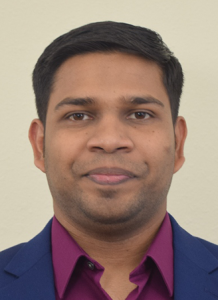
Jan. 19, 2024
Rahamat Ullah Tanvir
Mizzou Engineering has all the elements to prepare graduate students to take on critical problems they may face in their future career endeavors.

Jan. 19, 2024
Kianoosh Sattari
Mizzou Engineering offers a diverse range of engineering majors, complemented by the Statistics and Mathematics departments, fostering an environment conducive to interdisciplinary research. This unique combination equips individuals to undertake a variety of research projects aimed at solving real-world problems. The collaborative and inclusive atmosphere at Mizzou Engineering makes it an excellent choice for those seeking a comprehensive and supportive graduate school experience.
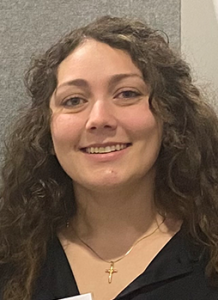
Jan. 19, 2024
Maggie Oliver
The potential outcome of our research is providing patients receiving echocardiograms with aortic stiffness information, currently only found through surrogate measurements in hospital settings.
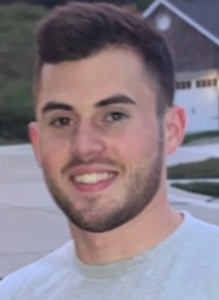
Jan. 19, 2024
Hunter Hickerson
Mizzou engineering is a great place to get your B.S. EE degree and they have multiple options for M.S. EE and Ph.D. degrees.

Jan. 19, 2024
CeCe Herwig
If you are considering graduate school, reach out to professors to find shared research interests. I've found success at Mizzou largely through the guidance of my professors and fellow graduate students, so I encourage any potential student to form connections within the program!

Jan. 19, 2024
James Alspaw
Mizzou Engineering is known for its comprehensive and diverse engineering programs, providing a solid foundation in both theory and practical skills. The university emphasizes hands-on learning, with facilities that support real-world engineering challenges. Additionally, the faculty are not only knowledgeable but also committed to student success, creating a supportive learning environment.
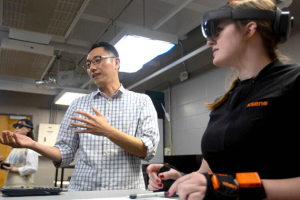
Jan. 12, 2024
Study finds correlation between metacognition and effectiveness of virtual instructors in remote classes
Augmented and virtual reality are changing the way universities can offer remote and online courses. These technologies allow for course materials to be presented to students in a more engaging and interactive way. However, right now, there’s a disconnect between the “wow” factor and what students actually learn using these technologies.
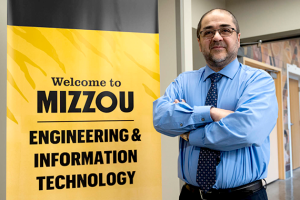
Jan. 10, 2024
Salim named chair of Department of Engineering and Information Technology
Professor Hani Salim has been named chair of the Department of Engineering and Information Technology at Mizzou Engineering.
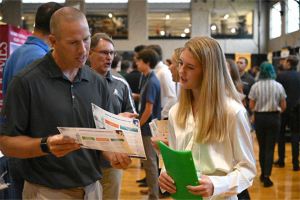
Jan. 10, 2024
Explore opportunities at the Spring 2024 Mizzou Engineering Career Fair
Meet engineers and hiring managers from top firms and organizations. Learn about career opportunities. Firm up plans for internships and employment this summer. It’s all happening at the Mizzou Engineering 2024 Career Fair from 10 a.m. to 3 p.m. on Thursday, Feb. 22, at Mizzou Rec.